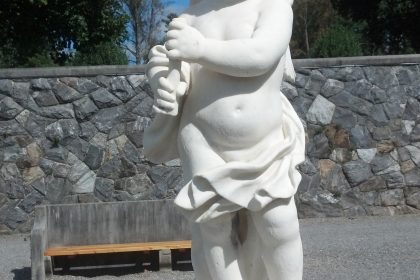The first post of this series gave the story of a coaching situation that led to asking three questions. This post explores the first of the questions.
Question 1: Is it appropriate for the coach to figure out the plan?
The easy answer is that because coaches work from the premise that clients are their own best expert, the coach elicits the plan from the client rather than giving it to them.
Now go deeper – a client as their own best expert is based on insight and experience.
* While coaches do have insight and experience, they have not lived the client’s life, so the insight and experience come from a different place and may not include all of the influencing factors for a client.
* A client has different values and priorities.
* A client knows the people in their life and whether they will support a plan, fight it, or not care.
* A client knows about their own skills, resources, habits, opportunities and realities at a level far deeper that what is expressed in a coaching relationship.
Another simple consideration is that the role of the coach is to empower the client, which means supporting their thinking and their decision-making.
Now go deeper – if a coach gives the plan, they are taking power away from the client.
* Figuring out and providing a plan for the client assumes the client is not capable of doing it.
* If a coach develops the plan they are assuming they know better than the client.
* The creator of a plan owns it, buys in to it, and follows through.
* The success or failure of a plan belongs to the creator of the plan.
Do you think the job of the coach is to ask enough open-ended questions for the client to figure out their own plan?



